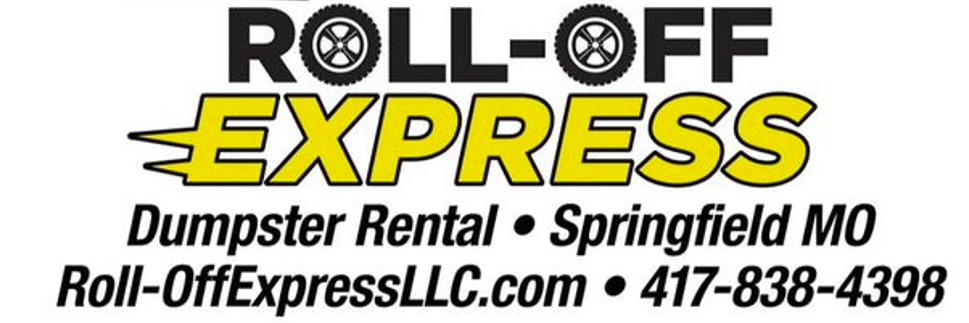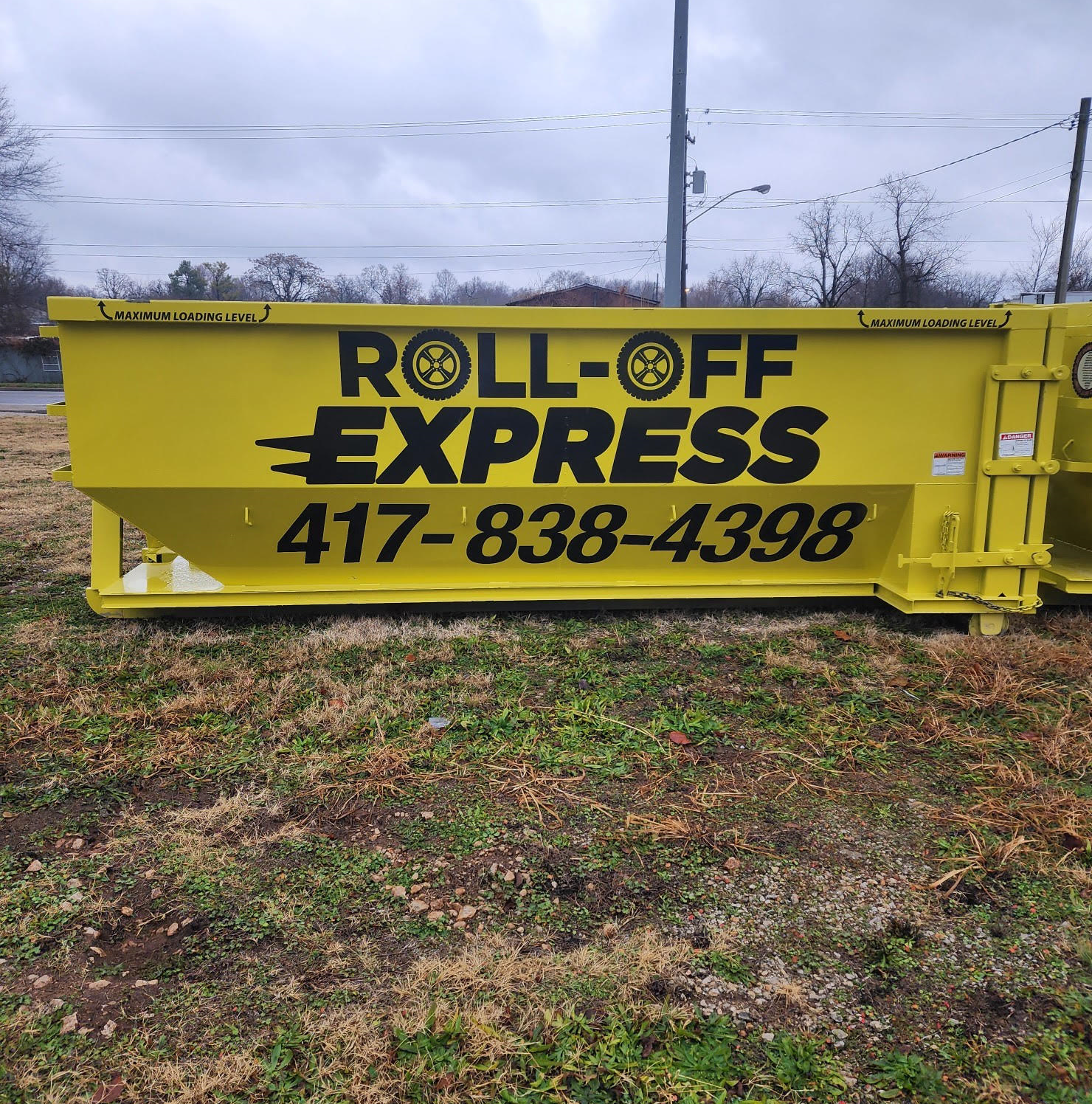When we rent a dumpster, avoiding pitfalls can save us a lot of hassle and unexpected costs. Overfilling the dumpster is a common error that can lead to extra fees and safety hazards. Improper placement might result in fines or even having the dumpster towed away. Not understanding local disposal regulations can also result in penalties that can be easily avoided. By focusing on these key areas, we can ensure a smooth rental process and avoid unnecessary complications.
Overfilling the Dumpster
Overfilling the dumpster can lead to additional fees, safety hazards, and compliance issues with local regulations. When we rent a dumpster, it’s crucial to understand the importance of adhering to weight limits. Exceeding these limits can result in extra charges from the rental company, as they often have to pay higher disposal fees. Additionally, an overfilled dumpster poses significant safety hazards. Debris spilling over the edges can cause accidents, injuring workers or bystanders.
We should always ensure that the waste is evenly distributed and does not exceed the top edge of the dumpster. This prevents items from falling out during transport, which could lead to road safety issues. Moreover, local regulations often dictate maximum weight and volume limits for waste disposal. Non-compliance can result in hefty fines or even legal action.
To avoid these pitfalls, we need to accurately estimate the volume and weight of the materials we plan to dispose of. Consulting with the rental company about weight limits and asking for guidance can be incredibly helpful. By being mindful of these factors, we can ensure a smooth, cost-effective, and safe dumpster rental experience.
Improper Placement
Just as we must avoid overfilling the dumpster, we also need to be mindful of its proper placement to ensure accessibility and compliance with local regulations. One of the most common mistakes is placing the dumpster in a location that blocks driveways. This not only inconveniences us and our neighbors but can also lead to fines or towing if emergency access routes are obstructed.
Another critical factor to consider is the surface where we position the dumpster. Placing it on uneven surfaces can lead to tipping or shifting, creating safety hazards and potential damage to property. To avoid these issues, we should select a flat, stable area that can support the weight of the dumpster and its contents. Gravel or paved surfaces are typically ideal.
We should also think about accessibility for the dumpster rental company’s trucks. Ensure there’s ample space for the vehicle to maneuver and drop off or pick up the dumpster without difficulty. By taking these factors into account—avoiding blocking driveways, choosing stable, even surfaces, and ensuring easy access—we can prevent complications and ensure a smooth rental experience.
Ignoring Local Regulations
Ignoring local regulations when renting a dumpster can result in hefty fines and legal issues, complicating what should be a straightforward process. It’s crucial we understand that each locality has its own set of rules regarding waste disposal. These regulations can vary widely and not adhering to them can lead to uninformed fines.
First, we must familiarize ourselves with local ordinances concerning where a dumpster can be placed. Some areas may restrict placing dumpsters on public property or require specific permits. Overlooking these details can result in penalties that add unnecessary costs to our project.
Secondly, different regions have distinct guidelines about what can be disposed of in a dumpster. Hazardous materials like chemicals, electronics, and certain construction debris might incur additional disposal fees or be outright prohibited. To avoid these pitfalls, we should verify acceptable materials with our local waste management authority.
Lastly, we must stay informed about any weight limits and recycling requirements. Overloading a dumpster not only risks overage charges but can also violate local environmental regulations. By taking the time to understand and comply with local disposal rules, we can ensure a smoother, cost-effective dumpster rental experience.
Incorrect Dumpster Size
Choosing the incorrect dumpster size can lead to significant delays and unexpected costs, derailing the efficiency of our project. Accurate volume estimation is crucial to ensure we get a dumpster that fits our needs. Underestimating the required size may result in multiple rentals, which not only increases expenses but also prolongs the rental duration. Conversely, overestimating leads to paying for unused space, which is equally inefficient.
To avoid these pitfalls, we should start by assessing the type and volume of waste our project will generate. For instance, a small home renovation might only require a 10-yard dumpster, while a major construction project could necessitate a 40-yard container. Consulting with the rental company can provide insights based on their experience and help match the dumpster size to our specific needs.
Additionally, consider the rental duration when choosing a dumpster size. If our project spans several weeks, a larger dumpster might be more appropriate to avoid frequent swaps. Remember, the goal is to align the dumpster size with our volume estimation and project timeline to optimize both cost and efficiency. Proper planning in this phase sets a solid foundation for a smooth, uninterrupted project.
Prohibited Items
While correctly sizing your dumpster is vital, it’s equally important to understand which items are prohibited from being disposed of in it. Placing hazardous materials into a dumpster can lead to severe environmental damage and legal consequences. Items like paint, pesticides, and certain household cleaners are classified as hazardous materials and should never be thrown into your rental unit. We must always check with local waste management authorities for the specific disposal methods for these substances.
Electronic waste, or e-waste, is another category we need to be cautious about. Items such as old computers, televisions, and batteries contain harmful components that can leach toxins into the ground if not disposed of properly. Many communities have designated e-waste recycling programs that we should utilize instead.
Moreover, certain items like tires, appliances containing Freon, and asbestos are also commonly prohibited. We should always obtain a comprehensive list of banned items from our dumpster rental provider to avoid any issues. Properly sorting and disposing of waste not only helps us stay compliant with local regulations but also promotes environmental responsibility. Let’s prioritize understanding these guidelines to ensure a smooth and legally compliant dumpster rental experience.
Booking at the Last Minute
Securing a dumpster rental at the last minute can lead to a host of logistical challenges and added expenses. When we wait until the eleventh hour to book a dumpster, we risk encountering scheduling conflicts that can derail our project timelines. Many rental companies have a limited number of dumpsters available, and their schedules fill up quickly, especially during peak seasons like spring and summer.
These availability issues can force us to choose a dumpster that doesn’t quite meet our needs, either in size or type. This mismatch can lead to overfilling the dumpster or requiring multiple rentals, which drives up costs and complicates disposal logistics. Additionally, last-minute bookings often come with premium fees, adding unnecessary strain to our budget.
To avoid these pitfalls, we should plan our dumpster rental well in advance. By securing our booking early, we ensure we get the right dumpster for our project, at the best price, and on our preferred timeline. This proactive approach minimizes stress and helps us stay on track with our project goals. Remember, a little foresight can go a long way in avoiding the headaches associated with last-minute rentals.
Not Planning for Pickup
Failing to schedule a timely pickup for the dumpster can disrupt our project timeline and incur additional costs. To avoid these pitfalls, timely coordination with the dumpster rental company is crucial. We need to plan the pickup date well in advance, considering our project’s scope and expected completion date.
Advanced scheduling helps ensure we don’t end up with an overflowing dumpster that attracts pests or results in fines. A delayed pickup can also mean extra rental fees, which quickly add up and strain our budget. By coordinating the pickup early on, we avoid these unnecessary expenses and keep the project on track.
Communication with the rental company is key. We should confirm the pickup date when we first arrange the rental and remind them as the date approaches. It’s also wise to have a backup plan, like a secondary date, in case unexpected delays occur.
Additionally, understanding the rental company’s policies regarding cancellations or rescheduling can save us headaches later. Being proactive in our planning allows us to focus on the project itself rather than logistical issues, ensuring a smoother and more efficient operation. Let’s make advanced scheduling a priority to keep everything running seamlessly.
Want more information? Give us a call today!
Our company, Roll Off Express LLC, is the best roll-off dumpster rental in the 417 area. We’re located at 2211 W Division St, Springfield, MO 65802. You can reach us at (417) 838-4398.
Whether you need a dumpster for residential or commercial purposes, we offer 10, 15, 20, and 25-yard roll-offs to suit your needs. Our team is dedicated to providing reliable and efficient service to help you with all your waste management needs.

